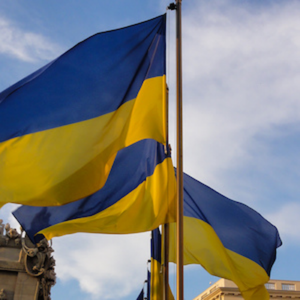 Five journalists and scholars who have helped bring valuable reporting and perspectives to understanding current events, history, and policy in Ukraine.
Five journalists and scholars who have helped bring valuable reporting and perspectives to understanding current events, history, and policy in Ukraine.
By NPCA Staff
For a better understanding of what’s at stake in Ukraine, here are a few ideas of where to start. Particularly for journalists like Christopher Miller or Terell Starr, who are currently based in Ukraine, use what’s here as a jumping off point: See what they’re reporting day by day — or now, hour-by-hour — on Twitter, and see the sources and connections they follow and recommend.
As always, especially amid a conflict where disinformation has played a central strategy, take time to read and evaluate stories, videos, and photos before resharing.
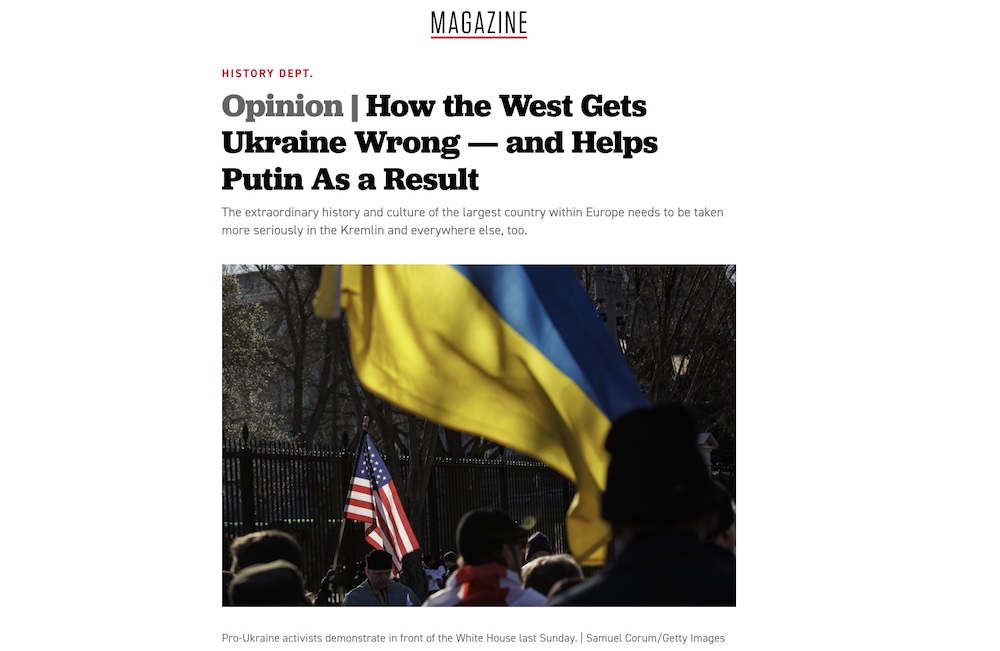
How the West Gets Ukraine Wrong — and Helps Putin As a Result
Rory Finnin for POLITICO
“What do we see when we take modern Ukrainian nationhood seriously, on its own terms? We see a social and cultural movement with an anticolonial backbone and a suspicion of state institutions led by strongmen.” In a recent essay for POLITICO, scholar Rory Finnin offers readers a deeper dive into the history of Ukraine. Finnin is an associate professor at University of Cambridge and served with the #PeaceCorps in #Ukraine in the 1990s. Ignorance feeds aggression, Finnin notes. “When we work to study Ukraine on its own terms, when we see Ukraine for what it is — a massive, pivotal, unique country whose people are once again at a front line of democratic freedom — we begin to prove [Vladimir Putin] wrong.”
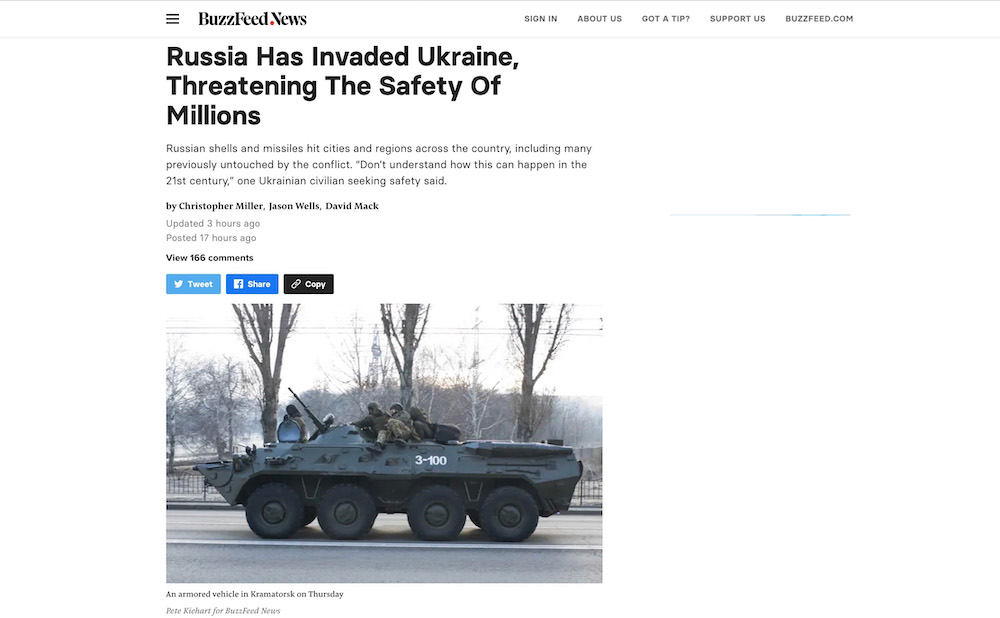
Russia Has Invaded Ukraine, Threatening The Safety Of Millions
Christopher Miller for BuzzFeedNews
Christopher Miller has more than a decade’s experience living and working in Ukraine, as a Peace Corps Volunteer and journalist. Now a correspondent @BuzzFeedNews, he covers national security and extremism. Follow him on Twitter at @ChristopherJM. In his feed you’ll find links to previous articles, including on-the-ground reporting from the front lines of the conflict in Donbas in January 2022 and reporting on when Putin ordered troops into Eastern Ukraine in February.
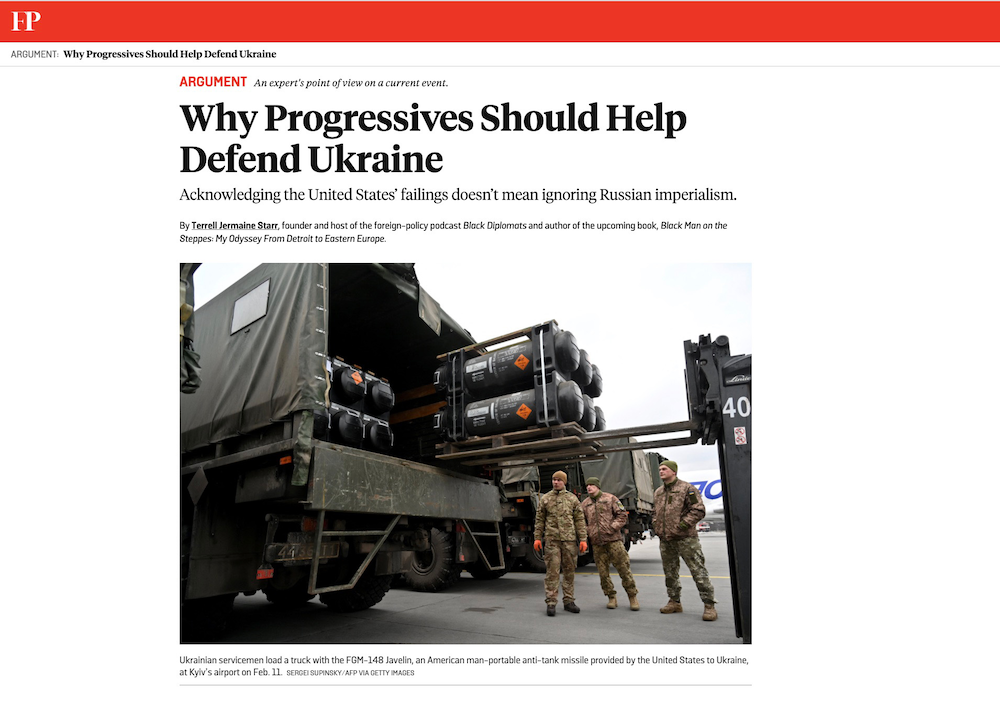
Why Progressives Should Help Defend Ukraine
Acknowledging the United States’ failings doesn’t mean ignoring Russian imperialism.
Terrell Jermaine Starr for Foreign Policy
“This is what Ukrainians understand and progressives don’t about Putin: Diplomacy doesn’t mean anything if your adversary can kill you and steal your land without consequence. The United States isn’t the only imperialist nation out there, and Moscow and Beijing won’t transform into paragons of good behavior with Washington off the scene.” That’s Terrell Jermaine Starr writing for Foreign Policy recently — in what became one of the journal’s editor’s picks.
Starr was a Peace Corps Volunteer in Georgia and has been a Fulbright fellow in Ukraine. A journalist based in Ukraine now and a fellow with the Atlantic Council, he hosts the podcast Black Diplomats. There you’ll find a recent interview with former U.S. Ambassador to Russia Michael McFaul — in which McFaul notes that in all the years he’s been interviewed, he’s never been presented questions quite like the ones Starr asks. Follow Starr on Twitter at @terrelljstarr

Why does Russia want to invade Ukraine? To rewrite the post-Cold War order
Casey Michel for NBCNews.com
The argument: Moscow’s demands were always about more than the security arrangements in Ukraine. The West can’t say we weren’t warned. “This isn’t a ‘security operation,’ Casey Michel notes. “This is war, in the service of revanchism, at the behest of an imperial regime in Moscow. Things don’t get more black and white than this.” And, he says, “Europe is dealing with a madman dictator once more — just as in the 1930s, just as in the 1990s.”
Michel served with the Peace Corps in northern Kazakhstan about a decade ago. He’s the author of American Kleptocracy: How the U.S. Created the World’s Greatest Money Laundering Scheme in History, published in November 2021 by St. Martin’s Press. He is a fellow with the Kleptocracy Initiative in the Hudson Institute. A few more of his recent pieces:
“Vladimir Putin’s Empire of Delusions” for The New Republic, in which he notes that “in a lengthy screed, the Russian dictator made it clear that his ambitions are to restore his nation’s status as a colonizer of Europe.”
“How the West Botched Ukraine” for The New Republic. “It wasn’t the drive to bring security to Europe that led to the brink of war. It was providing corrupt autocrats with secure havens for their stolen loot.”
“The Lesson Stalin Could Teach Putin About Invading a Neighbor” for POLITICO. “A false flag attack. A revanchist dictatorship in the Kremlin. An unprompted invasion of a western neighbor — and a bloody failure for the entire world to see.”
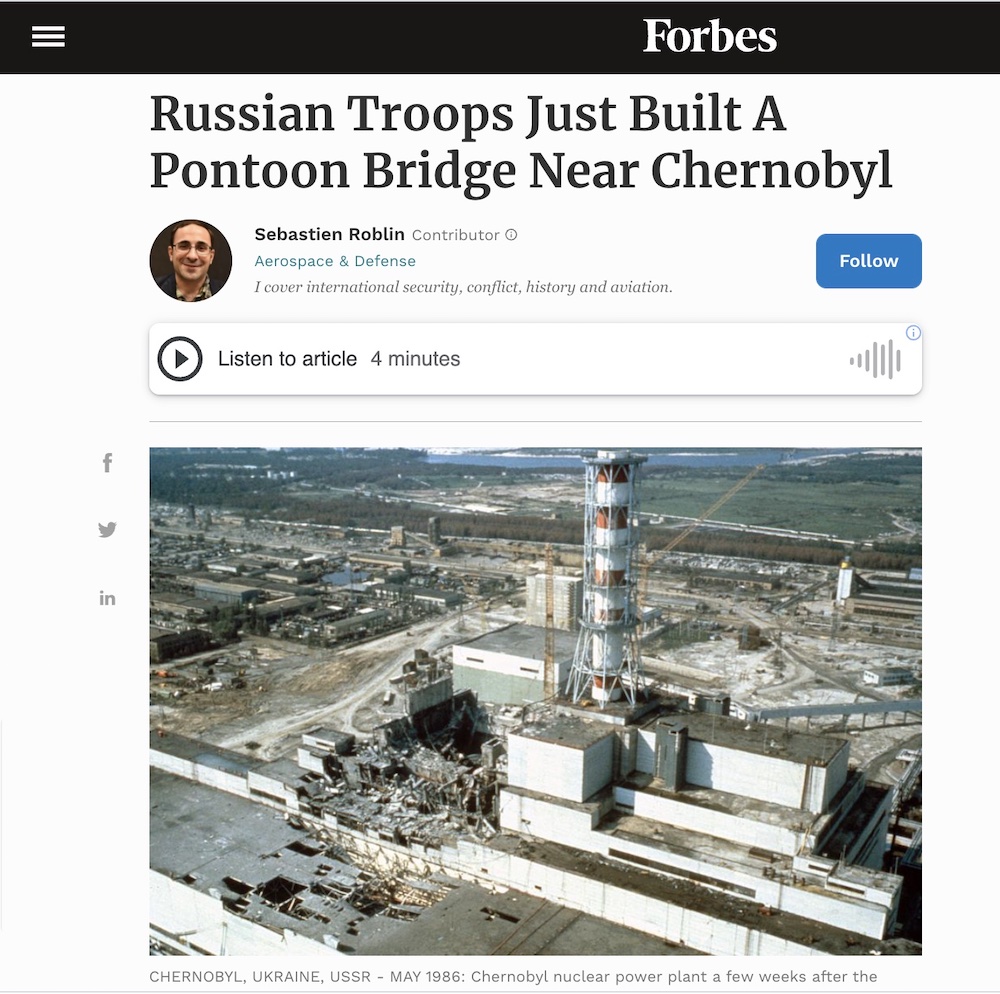
Russian Troops Just Built A Pontoon Bridge Near Chernobyl
Sébastien Roblin for Forbes.com
Sébastien Roblin covers international security in current events and history for a number of publications. Follow him on Twitter at @sebastienroblin to track his and others’ reporting on defense intelligence. He served with the Peace Corps in China 2013–15. Some of his other recent contributions:
“12 Reasons Why A Russian Attack On Ukraine Looks Imminent” for Forbes.com on February 13, 2022.
“Russia threatens Ukraine with its troops, so Ben & Jerry’s blames the U.S. Perspective needed.” for NBCNews.com. We should strive to discourage another Russian invasion of Ukraine, Roblin argued in this piece published on February 9, 2022. But whether that happens is not a decision driven by Biden but by Putin.